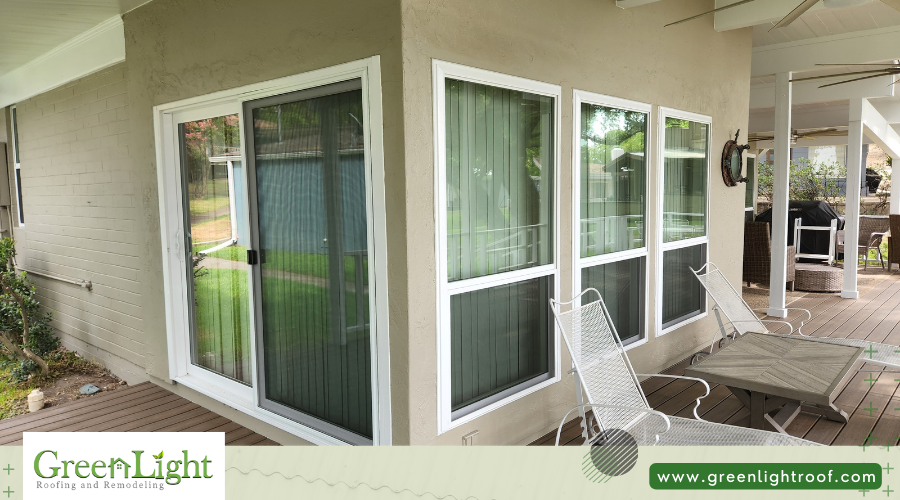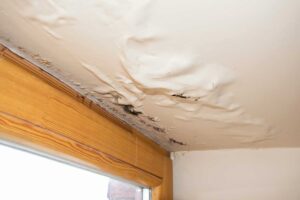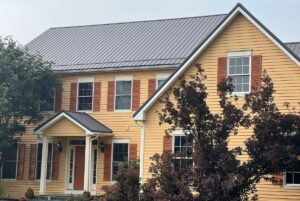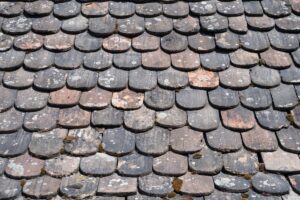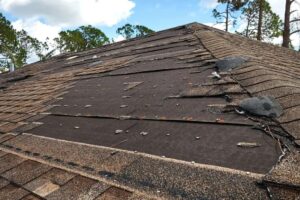Introduction
Window glass is a crucial component of any building, serving both functional and aesthetic purposes. It provides natural light, insulation, and protection from the elements, while also adding to the overall look of the structure. With so many different types of window glass available, it can be difficult to know which type is best suited for your needs. This is where this comprehensive guide comes in.
The purpose of this article is to educate homeowners, architects, and builders on the different types of window glass available and help them make an informed decision when it comes to choosing the right type of glass for their building.
Types of Window Glass
There are several types of window glass available on the market, each with its own set of advantages and disadvantages. The most common types of window glass are float glass, tempered glass, laminated glass, reflective glass, and low-E glass.
Float Glass
Float glass is the most widely used type of glass for windows. It is made by floating a sheet of molten glass on top of a bed of molten metal. This process creates a flat and smooth surface, making it ideal for use in windows.
The advantages of float glass are that it is inexpensive, durable, and easy to clean. However, it also has some disadvantages, such as low resistance to impact and thermal stress.
Float glass is commonly used in residential and commercial buildings, as well as in automotive and marine applications.
Tempered Glass
Tempered glass is a type of safety glass that is four to five times stronger than float glass. It is made by heating the glass to a high temperature and then rapidly cooling it. This process creates a glass that is much more resistant to impact and thermal stress than float glass.
The advantages of tempered glass are that it is stronger and safer than float glass, and it is also easy to clean. However, tempered glass is more expensive than float glass and it cannot be cut or drilled after it has been tempered.
Tempered glass is commonly used in residential and commercial buildings, as well as in shower doors, furniture, and automotive applications.
Laminated Glass
Laminated glass is a type of safety glass that is made by sandwiching a layer of plastic between two layers of glass. This layer of plastic acts as a barrier, preventing the glass from breaking into dangerous shards if it is shattered.
The advantages of laminated glass are that it provides excellent security and it is also resistant to impact, thermal stress, and UV rays. However, laminated glass is more expensive than float glass and it is also heavier, making it more difficult to handle.
Laminated glass is commonly used in residential and commercial buildings, as well as in skylights, windshields, and security windows.
Reflective Glass
Reflective glass is a type of glass that is coated with a reflective material, such as metal, to reflect light and reduce the amount of heat that is transmitted through the glass. This makes it ideal for use in hot climates, where it helps to reduce the amount of heat that enters the building.
The advantages of reflective glass are that it provides excellent insulation and reduces the amount of heat that enters the building. However, it is more expensive than float glass and it can also cause glare if not used properly.
Reflective glass is commonly used in residential and commercial buildings, as well as in skylights and greenhouses.
Low-E Glass
Low-E glass is a type of glass that is coated with a thin layer of metal to reduce the amount of heat that is transmitted through the glass. This makes it ideal for use in buildings that require energy efficiencies, such as homes and offices.
The advantages of low-E glass are that it provides excellent insulation and reduces the amount of heat that enters the building. It also blocks UV rays, which helps to protect furniture and flooring from fading. However, low-E glass is more expensive than float glass and it can also cause glare if not used properly.
Low-E glass is commonly used in residential and commercial buildings, as well as in skylights and greenhouses.
Factors to Consider When Choosing Window Glass
When choosing window glass, there are several factors that should be taken into consideration. These include the type of building, the climate, energy efficiency, security, and aesthetics.
The type of building will determine the type of glass that is most suitable. For example, a residential building may require different types of glass than a commercial building.
The climate is also an important factor to consider, as different types of glass perform better in different climates. For example, reflective glass is ideal for use in hot climates, while low-E glass is ideal for use in cold climates.
Energy efficiency is another important factor to consider, as different types of glass provide different levels of insulation. Low-E glass is the most energy-efficient type of glass available.
Security is also an important factor, as some types of glass provide better security than others. Laminated glass is the most secure type of glass available.
Aesthetics is also an important factor to consider, as different types of glass have different appearances. For example, reflective glass has a metallic appearance, while low-E glass has a greenish tint.
Maintenance of Window Glass
Window glass requires regular maintenance to keep it in good condition. This includes cleaning, repairs, and upkeep.
Cleaning window glass is important to keep it looking its best. It is recommended to clean it regularly with a mild soap and water solution and to avoid using abrasive cleaners, as they can scratch the surface of the glass.
Repairs may be necessary if the glass is damaged. It is important to have repairs made by a professional, as attempting to make repairs yourself can be dangerous.
Upkeep is also important to ensure that the glass continues to perform at its best. This includes regularly checking the seals around the glass to ensure that they are in good condition and replacing any weatherstripping that has become worn or damaged.
Window Glass Installation in Weatherford, TX
In conclusion, window glass is a crucial component of any building and there are several types of glass available, each with its own set of advantages and disadvantages.
When choosing window glass, it is important to consider the type of building, the climate, energy efficiency, security, and aesthetics. Regular maintenance is also important to keep the glass in good condition.
We hope that this comprehensive guide has provided you with the information you need to make an informed decision when it comes to choosing the right type of glass for your building.

